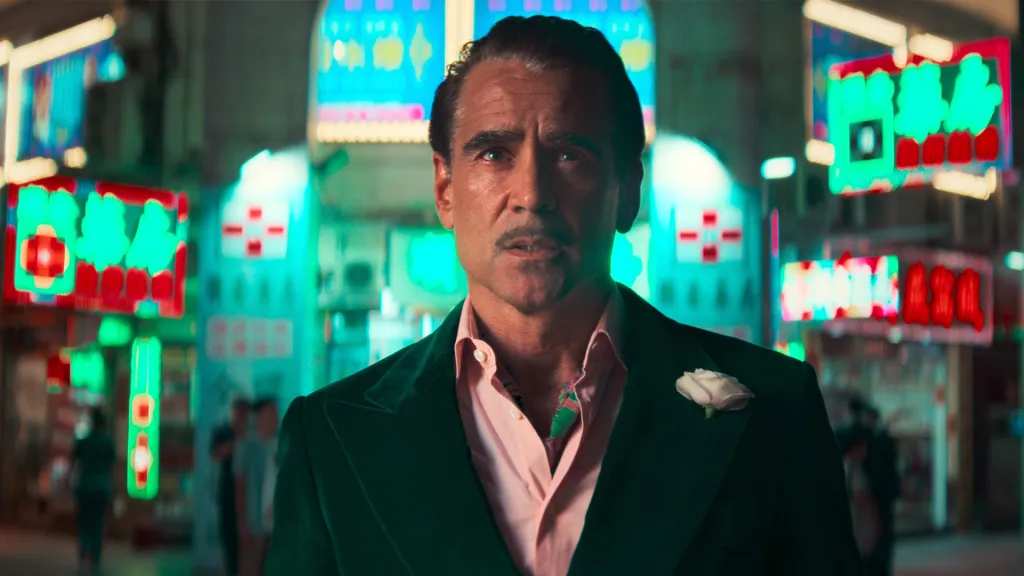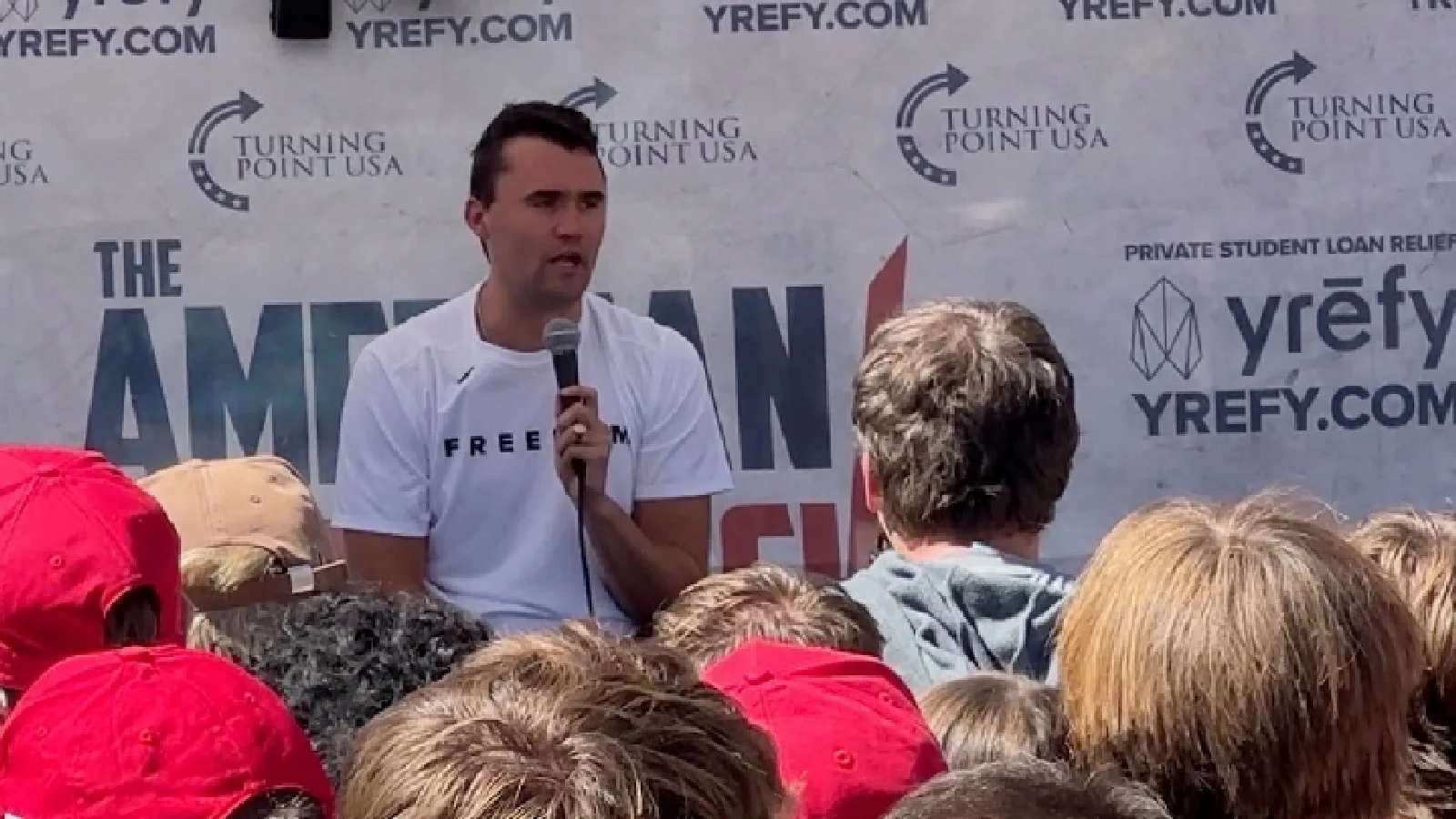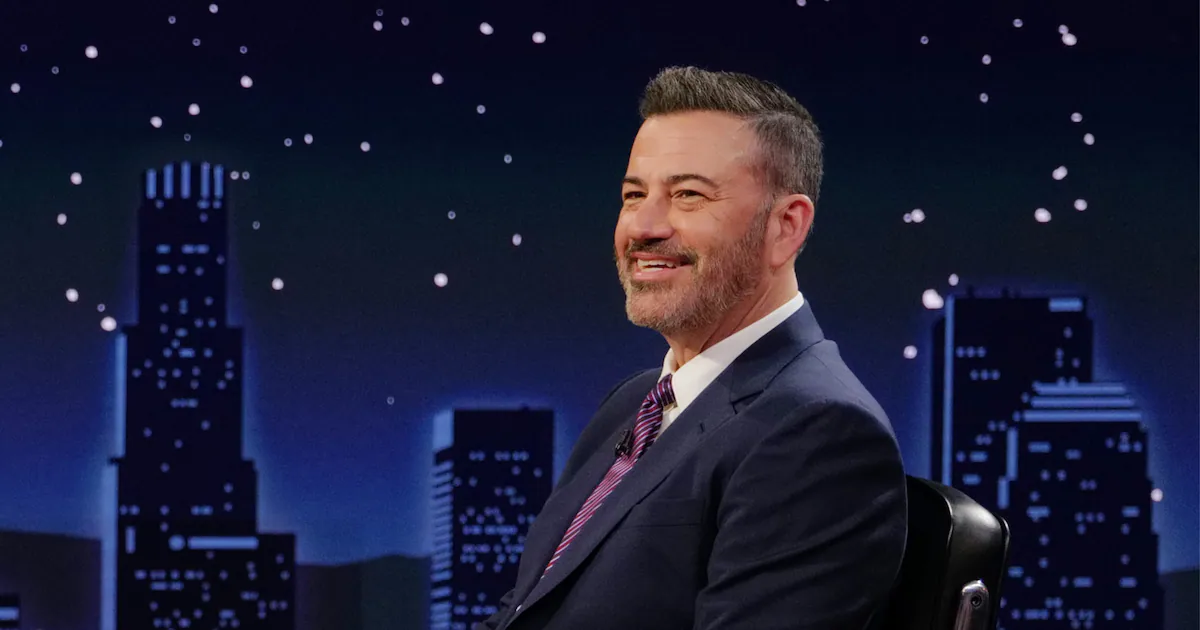
Colin Farrell touched down at the Zurich Film Festival this week with his latest project Ballad of a Small Player from director Edward Berger. The Irish actor, who was also awarded the Golden Icon Award at the festival, told an audience that he recalled feeling slightly “nauseous” when reading the script for the Macau-set film about a high-rolling gambler whose luck is running out.
“It was this very singular, very unique script and I’d never read anything like it,” Farrell said at the Zurich masterclass. “I flew through it but I kind of felt nauseous reading it as well because the film is, when you see it, incredibly loud. The colors are very brash, it’s bombastic. There’s nothing subtle about it and it was the same in reading it – it was an assault on the senses.”
The film is Farrell’s first collaboration with Conclave helmer Berger but Farrell said the pair had been discussing the project for a number of years. “Ed and I were talking about doing Ballad of a Small Player before All Quiet on the Western Front came out and then it just took off for him globally,” he said. “He’s been an extraordinary storyteller for years.”
The actor said that shooting in Macau was an extraordinary experience and the pace and setting of the shoot took a toll on everyone. “It’s a fascinating place,” he said of the gambling capital of the world. “It really is a character in the film.”
He continued: “But everyone was wrecked by the end of the film because we had a lot of filming to do and a lot of shots to get in a very small space of time in an environment that isn’t particularly film friendly, because we were shooting on live casino floors.”
During the hour-long masterclass, Farrell reflected on his long and diverse career admitting that he had early aspirations to be a soccer player like his father Eamon Farrell who played for the Shamrock Rovers.
“It was very much a part of my life growing up but it was the way in which my father and I could have communication and a relationship,” he said. “It was tricky everywhere else but when it came to football, we were good to go.”
The actor quipped that his dream of going pro came to a halt when he “started drinking and smoking and all that stuff.” Instead, he took inspiration from his sister Catherine, who attended drama school. While he eventually dropped out of drama school, he started working soon after and got his big break in popular BBC series Ballykissangel.
“It was an amazing learning experience. I had no idea what I was doing, and it was very no frills, no big fancy trailers and no big, fancy craft services and you’d help bring the camera from one set to another,” he said. “It was shot in a rural part of Ireland just outside of Dublin but there was a real communal energy to it. There was no preciousness.”
Farrell then got his first film role in Tim Roth’s directorial debut The War Zone, which also starred his Ballad of a Small Player co-star Tilda Swinton. But when director Joel Schumacher cast him in Tigerland as a young soldier in a training camp preparing fighters to be sent to the Vietnam War, it was a hugely pivotal moment for him.
“Joel was always experimenting and doing films of different tonalities and looking at subjects bigger and smaller,” he said, adding “he took a chance on an Irish kid.”
He added: “I learned a lot with those boys and I love them and see them to this day. But Joel kind of changed my life.”
Reflecting on the early years of his career in Hollywood, which saw the actor star in major films such as Minority Report, Alexander and Miami Vice, he admitted that the journey from an unknown Irish actor to global superstar was daunting.
“There was a lot of good fortune, there was a lot of stuff that I didn’t understand but it was so loud, and it was so global and I was so unprepared,” he said. “I don’t know if anyone can be prepared but I was so immature.”
But then a series of box office misses coupled with a reputation for partying ultimately pumped the breaks on major studio films.
“Big Hollywood stopped calling,” he said. “I had a bit of a reputation that I probably earned, and I wasn’t in a very good place personally in my life. It’s not a sad story – I’m not being ‘woe is me’.’”
Farrell recalled getting a phone call from his friend Martin McDonagh who wanted to cast him in In Bruges and Farrell admitted he tried to talk him out of casting him.
“I had a certain amount of baggage and a reputation, and the writing was so beautiful that the idea that anyone would stay away or that they would come in with a certain kind of attitude because of a perceived relationship they had with me born off my reputation, I just didn’t want to start off in that place.”
But McDonagh insisted he was right for the role and Farrell went on to star in that hit film with Brendan Gleeson. He went on to do two more projects with the writer-director – Seven Psychopaths and The Banshees of Inisherin.
Farrell also did repeat work with Greek helmer Yorgos Lanthimos with The Lobster and The Killing of a Sacred Deer. “He can hold silence really beautifully as his films can also too,” he said. “I’m so glad he’s doing what he’s doing.”
More recently, Farrell has had huge success with his interpretation of DC Comics villain the Penguin, a role he debuted in Matt Reeves’ feature film The Batman. Reflecting on the movie, Farrell admitted that he was disappointed when he was only given five scenes in the project. “I got so greedy,” he said. “And I didn’t really get it either. That was short-sighted.”
Farrell ended up reprising the role for the Emmy-winning limited series The Penguin and he took home a Golden Globe for his work on that show. When pressed on awards and the significance of accolades, he said he was “suspicious of them.”
“As a human that is looking for a little bit of meaning or a little bit of certainty, that certainty gets activated around awards and shit and so I’m suspicious of it but at the same time utterly grateful any time I’ve been nominated.”
The Zurich Film Festival runs until October 5.



